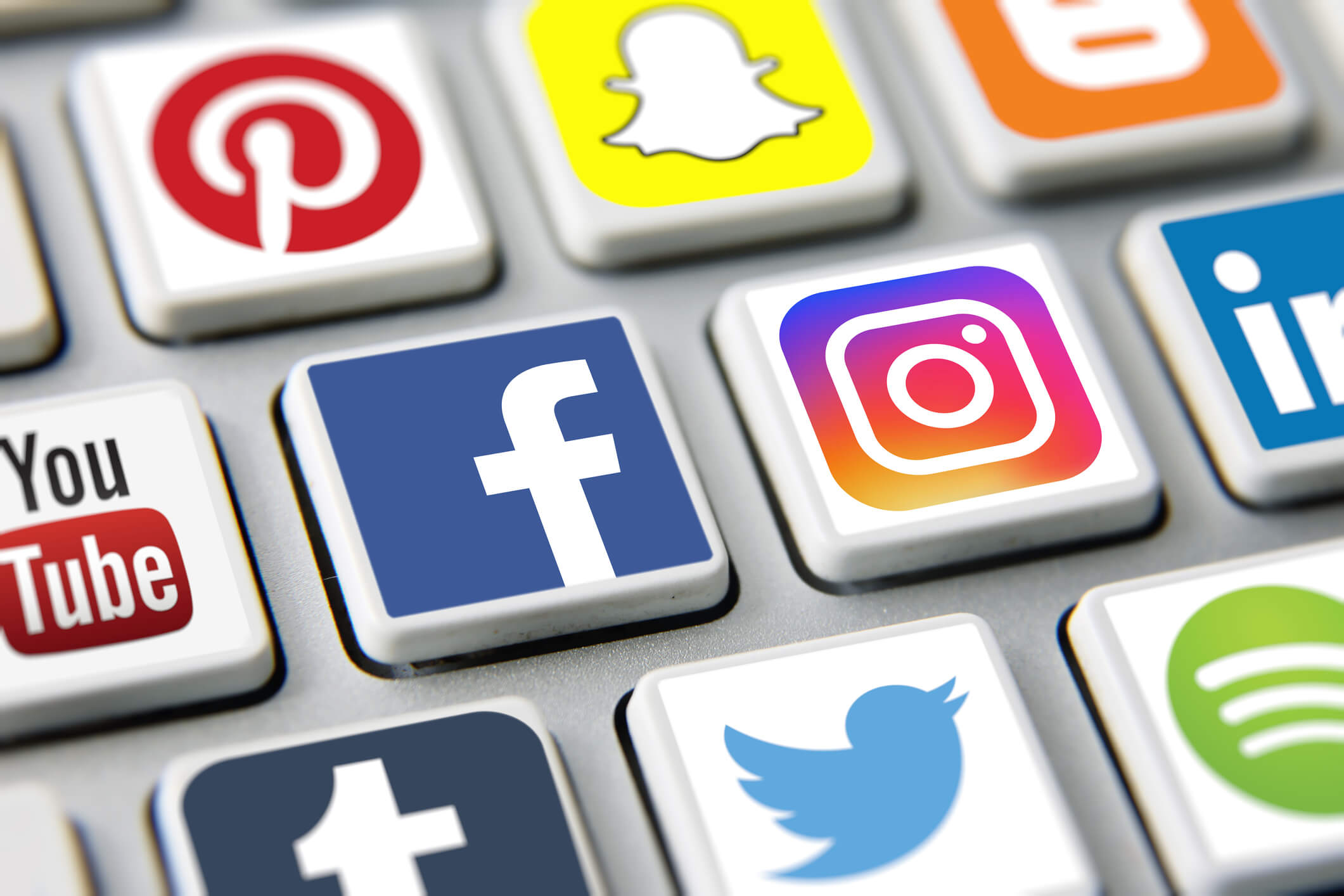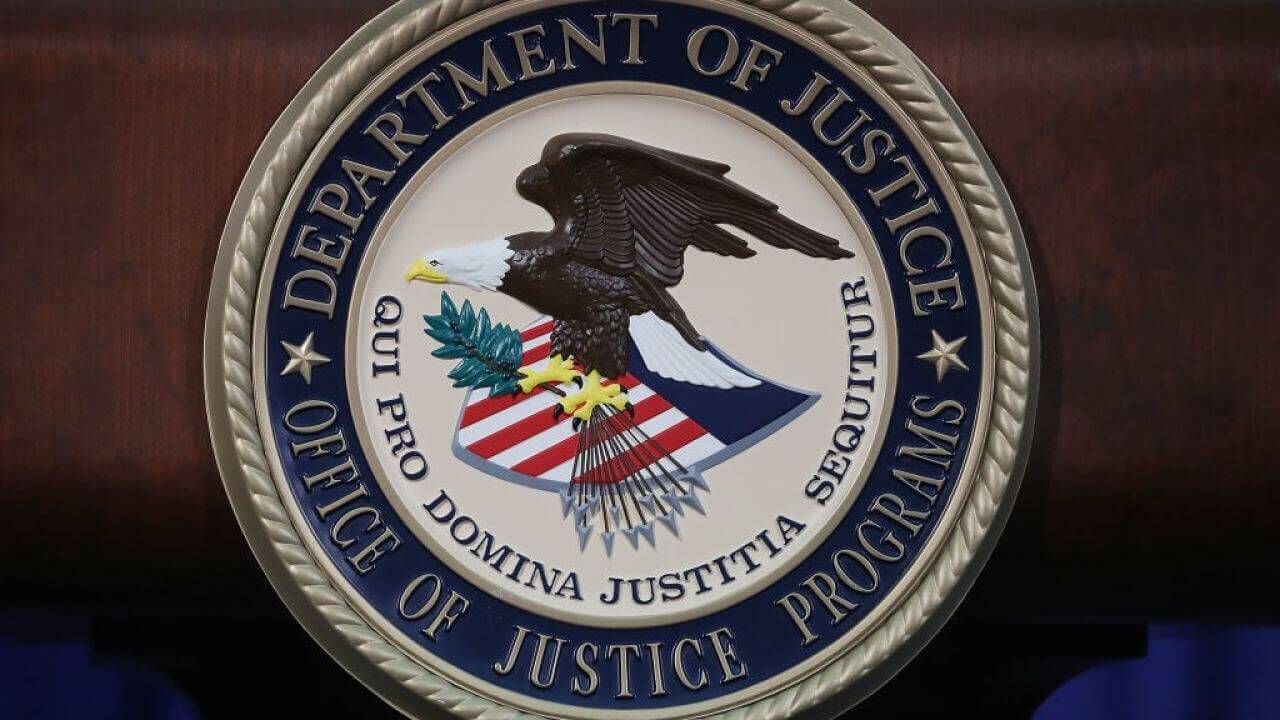Forward-looking: Some Democrats like Joe Biden would be more in favor of repealing Section 230 of the Communications Decency Act, but a group of Republicans believe it's best to limit the immunity granted by that legislation and focus on larger services. Under the new rules, social giants would have to assume responsibility for what users post on their platform, which could set an important precedent.

The DOJ today revealed its proposal to modify the Section 230 of the Communications Decency Act, part of which gives tech giants that own social platforms the ability to moderate content they deem "obscene, lewd, lascivious, filthy, excessively violent, harassing or otherwise objectionable." It also protects website owners from lawsuits over that same content.
The move is meant to push Congress to adopt new legislation that could hold companies like Twitter, Facebook, Google, and others liable for a wide variety of harmful user-generated content. Social giants like Facebook argue that it's not their responsibility to be the arbiters of truth or police content that could otherwise pass as the voice of the less privileged.

The new bill is called "Limiting Section 230 Immunity to Good Samaritans Act," and it would essentially force companies to exercise a "duty of good faith" if they want to receive the same protections of Section 230 they've been enjoying for decades. Failing that, they could be fined more than $5,000 per affected user, which can quickly add up when you have billions of users posting content that routinely goes viral.
Interestingly, the legislation will only apply to services that have more than 30 million monthly users in the US or 300 million monthly users worldwide, as well as more than $1.5 billion in global revenue, which is to say that it won't apply to smaller companies. The thinking is that small companies don't have the financial and legal muscle to defend themselves against meritless lawsuits while they're trying to grow their user base.
Senator Hawley, one of the key people who sponsored the bill, said in a statement that "for too long, Big Tech companies like Twitter, Google and Facebook have used their power to silence political speech from conservatives without any recourse for users. Section 230 has been stretched and rewritten by courts to give these companies outlandish power over speech without accountability. Congress should act to ensure bad actors are not given a free pass to censor and silence their opponents."
https://www.techspot.com/news/85676-doj-proposes-new-legislation-would-hold-facebook-google.html